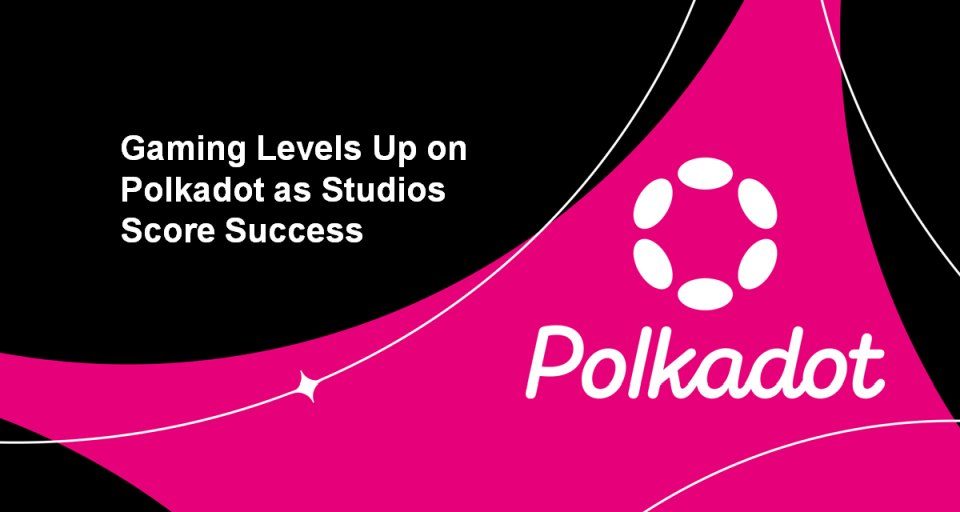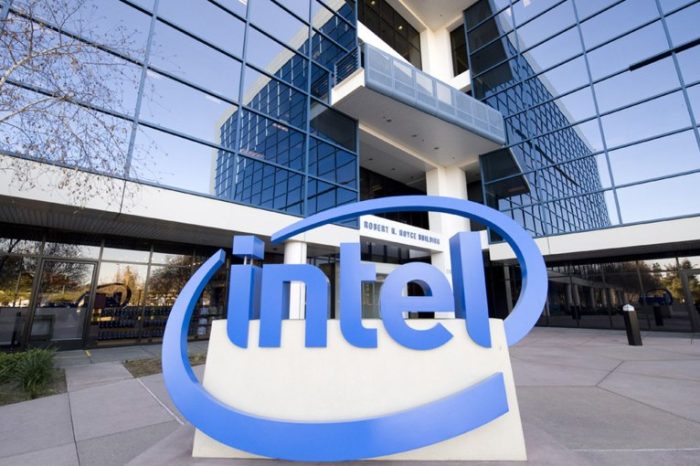Gaming Levels Up on Polkadot as Studios Score Success

We’ll look back on 2024 as a very good year for GameFi. There have been few bona fide smash hits that have “pulled an Axie” and gotten mainstream gamers FOMO’ing in, it’s true. But quietly, the foundations have been built for an industry that appears poised to stand the test of time and whose future is no longer reliant on pumpamentals.
In 2024 we saw games launched with sustainable token economies; the rise of tap-to-earn mini-games; the blurring of video gaming and GameFi; and the emergence of Polkadot as a serious gaming chain. Much of this success has been thanks to Mythical Games, whose NFL Rivals release has shown that there is a product-market fit for GameFi titles that tap into a ready-made fanbase.
Polkadot’s Big Year of Gaming
Polkadot was conceived as a general-purpose web3 chain, and it remains so but is beginning to find its core competencies. Just as Solana has become the memecoin network of choice and EVM L2s have proven ideal for onchain perps and prediction markets, Polkadot is proving that its architecture is well suited to hosting gaming.
Much of this is simply down to the scalability of the main chain and its interconnected parachains, which can handle high-volume dapps without performance degradation. This is achieved while keeping network fees negligible. While these are characteristics that benefit dApps of all kinds, it’s particularly important for gaming, where it’s necessary to frequently record the latest game state onchain without interrupting the playing experience.
Polkadot is now replete with a diverse array of gaming dapps including FPS browser game Astar Strike, quest game Awesome Ajuna Avatars, Exiled Racers, and fantasy RPG Evrloot. But the success of NFL Rivals has eclipsed not only these offerings but virtually every other web3 game on the market right now.
Mythical Hits the Mark With NFL Rivals
American football might not seem the sort of web3 game likely to capture mainstream attention. While the sport is hugely popular in North America, it plays second fiddle to soccer in most global regions. American football fans are passionate, keen statisticians, and suckers for games carrying the NFL seal of approval, however. Gaining official NFL licensing has been the key to the game’s success, but NFL Rivals wouldn’t have racked up over 5 million downloads without also being a highly engaging release.
Mythical Games has succeeded with NFL Rivals in combining strategy – dream team building – and arcade-style gameplay. Football players are represented as NFTs that can be traded on the Mythical Marketplace. The combination of PvP action, unlockable content, and a storyline that unfolds in line with the NFL season make for plenty of excitement. Perhaps the best thing about NFL Rivals, though, is that it doesn’t feel like a web3 game: it’s a straight-up mobile game with web3 elements seamlessly incorporated.
Mythical is now tasked with the monumental task of trying to match the success of the debut release of NFL Rivals and prove that it was no fluke. But it’s got a couple of options lined up – and anticipation is already mounting for one of them in particular.
Blankos Block Party and a Pudgy Penguins Collab
The next Mythical game slated for release, Blankos Block Party, promises to appeal to a different demographic than NFL Rivals. The mobile release, which takes the form of a colorful block party replete with mini-games and cutesy graphics, will demonstrate that Mythical Games is no one-trick pony. Mythical Games CEO John Linden is psyched about the forthcoming release, predicting that it will attract millions of players.
Linden may well be proven right, given the sort of numbers NFL Rivals has been pulling. But he doesn’t need to make bold predictions about the game Mythical will be releasing early next year: it’s already got a premade community and they’re hyped. Pudgy Penguins started out as a collection of 8,888 PFPs based around a cutesy penguin with a whole lot of swagger. They’ve since evolved into much more thanks to IP licensing that’s seen the brand even show up in supermarkets as a range of Pudgy cuddly toys.
Next up is a Pudgy game and while details of the format it will take remain under wraps, it’s gotten Pudgy owners and fans very excited. To say a lot is riding on this game would be an understatement. It means a lot for Pudgy, for Mythical Games, and for Polkadot, whose blockchain infrastructure Mythical now uses.
There are a lot of unknowns about the Pudgy game which is still under development; it’s not even clear if the MYTH token will play a role, though it seems likely. The token, whose use cases include purchasing in-game items on the Mythical Marketplace, has performed well this year but is still a sleeper. Should Blankos and the Pudgy game prove to be home runs, however, MYTH will rapidly enter price discovery mode.
Where Next for Polkadot?
It’s hard to overstate how big Mythical’s migration to Polkadot has been. It’s revitalized Polkadot, confounded skeptics, and moved the needle for gaming on the Substrate chain. On July 30, Polkadot recorded a 7x increase in transactions, and the culprit responsible? That’s right, Mythical. A lot is riding on Mythical’s next moves both for the studio and for the ecosystem it now inhabits.
Setting aside the hype surrounding the Pudgy game, there’s reason to be bullish on Polkadot gaming, particularly if other developers follow Mythical’s lead and migrate. One of the factors that convinced Mythical to move to Polkadot was Dr. Gavin Wood’s development of JAM, which can support up to 1.7M transactions: that’s enough to host all of GameFi and still leave room to spare.
Enhancements to Polkadot’s architecture coupled with a groundswell of support for its growing gaming ecosystem augur well for the future. For now, Polkadot is revitalized as it rides the Mythical wave. Few would have predicted Polkadot would become a mainstay of Web3 gaming in 2024. The onus is now on its developers to build on this momentum while onboarding more studios that will showcase what its network is capable of.




